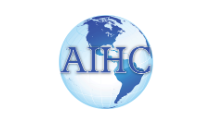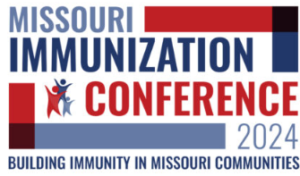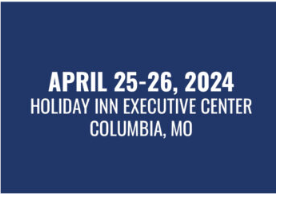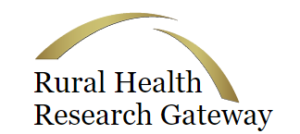February 6, 2024

Update on Efficiency of Store-and-Forward
Telehealth refers to a collection of methods to enhance health care delivery and education – it’s not a specific service.
Telehealth spans four distinct applications:
- Live video
- Store-and-forward
- Remote patient monitoring
- Mobile health
Store-and-forward is considered “asynchronous telehealth, a communication between parties that is not live.” It is a service rendered outside of a real-time or live interaction with a patient.
According to Telehealth.HHS.gov, asynchronous direct-to-patient telehealth can streamline patient workflows:
- Standardized patient data
- Flexibility
- Efficient automated patient intake
Store-and-forward commonly used in:
- Radiology
- Pathology
- Dermatology
- Ophthalmology
- Electronic consultations
Telehealth Resources
- Download “A Framework for Defining Telehealth”
- Fact Sheet clarifies how to accurately use “telehealth” and its key components
- Download “Telehealth for Providers: What You Need to Know”
- Covers billing, Federal Medicare and State Medicaid policies








